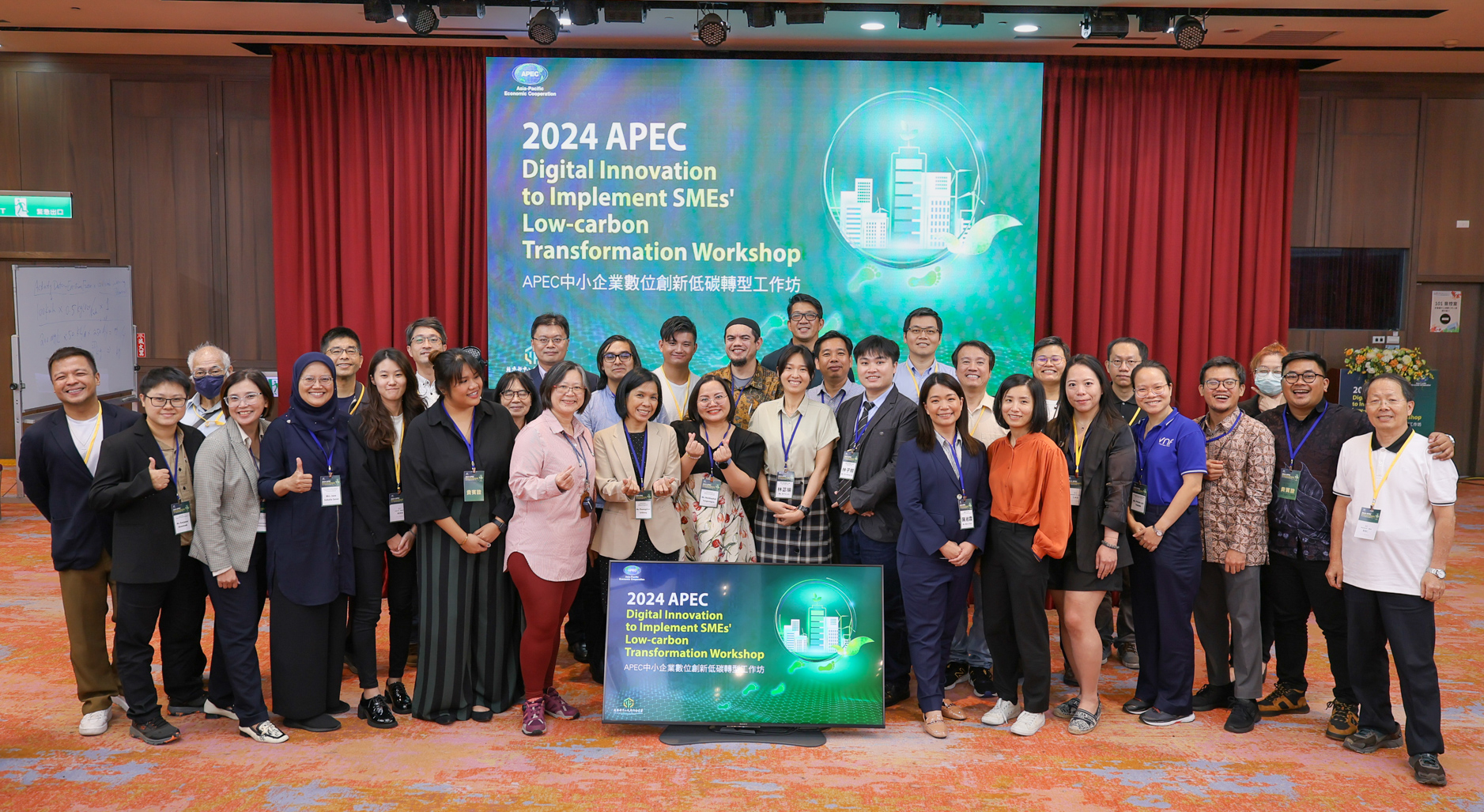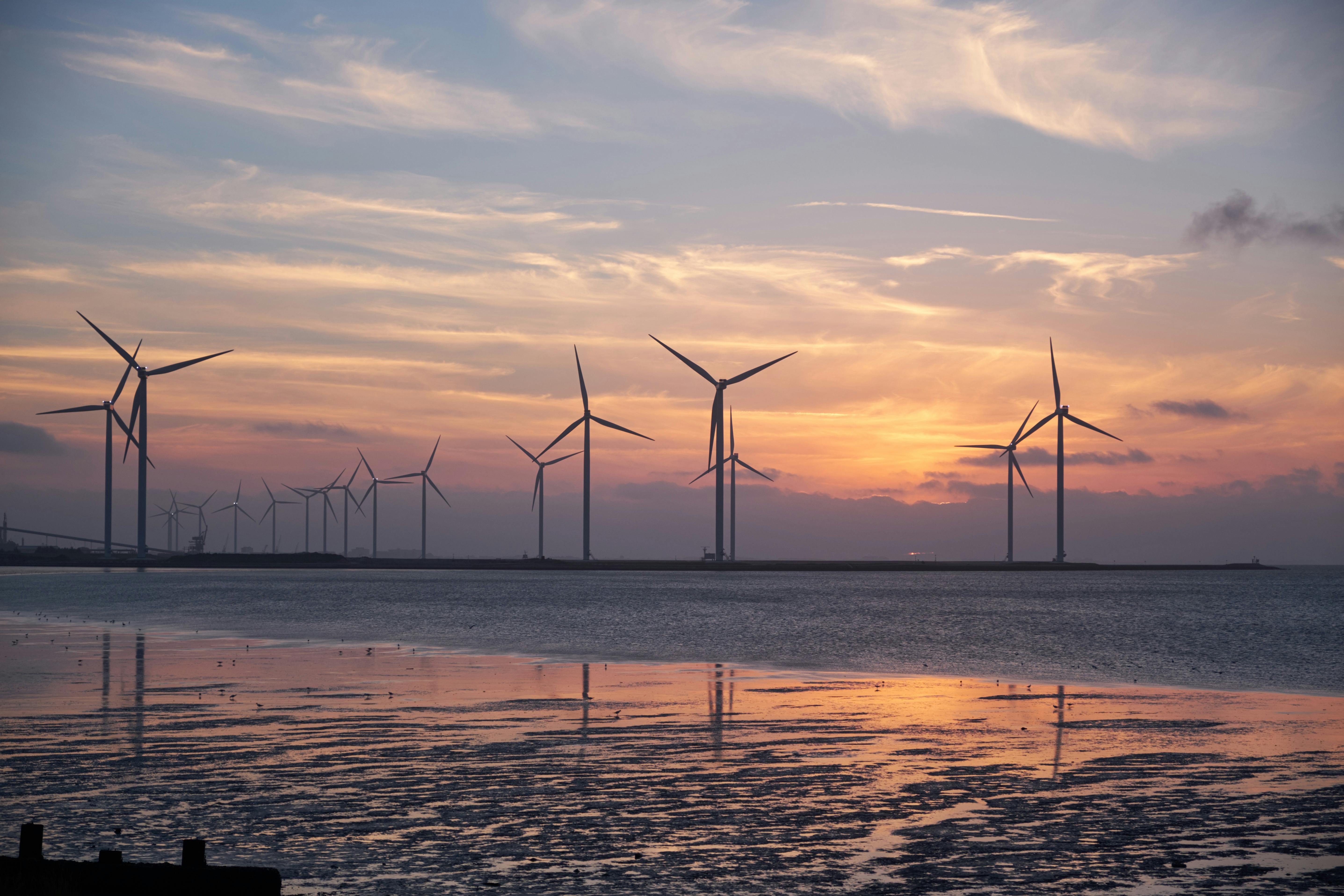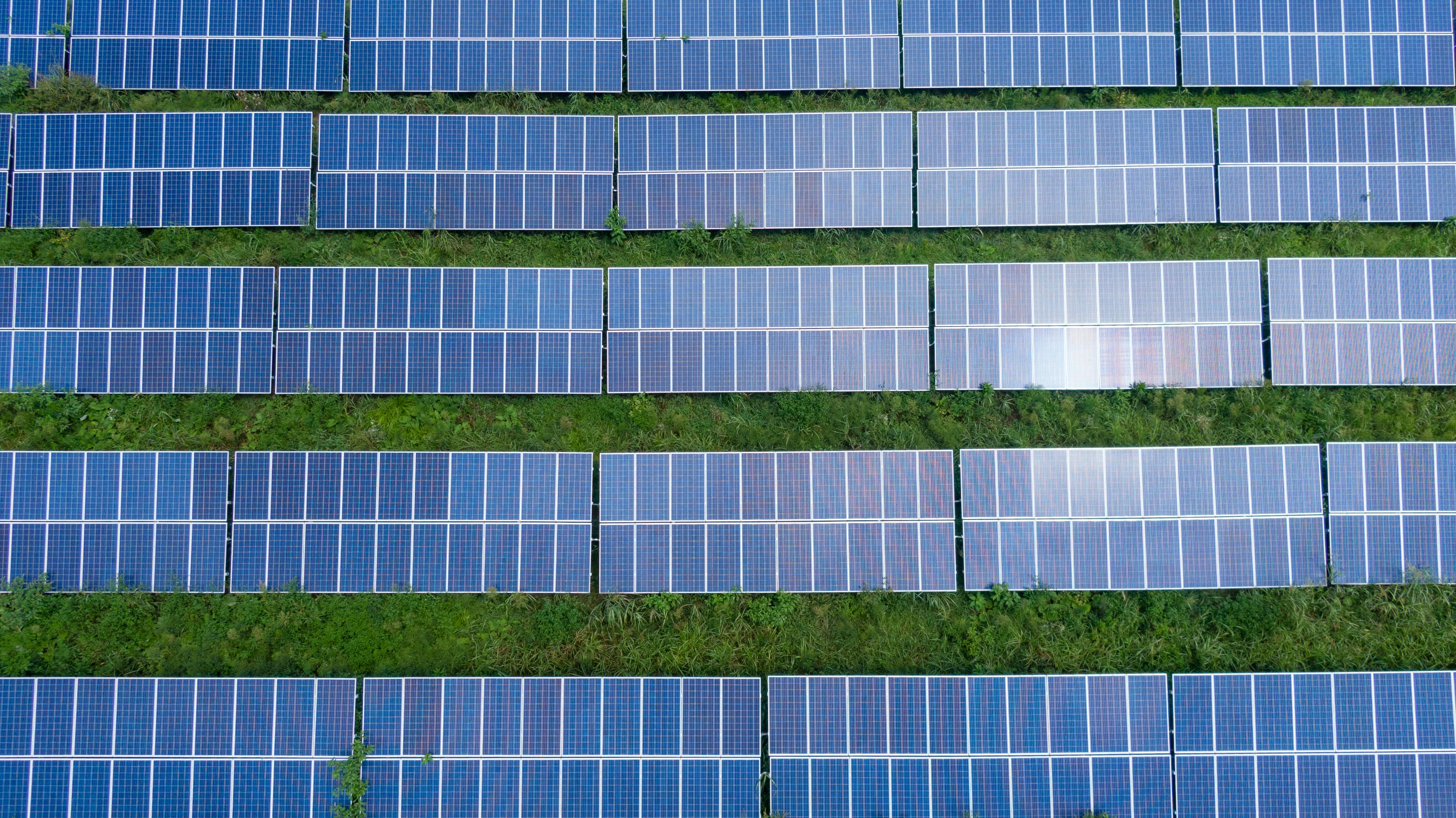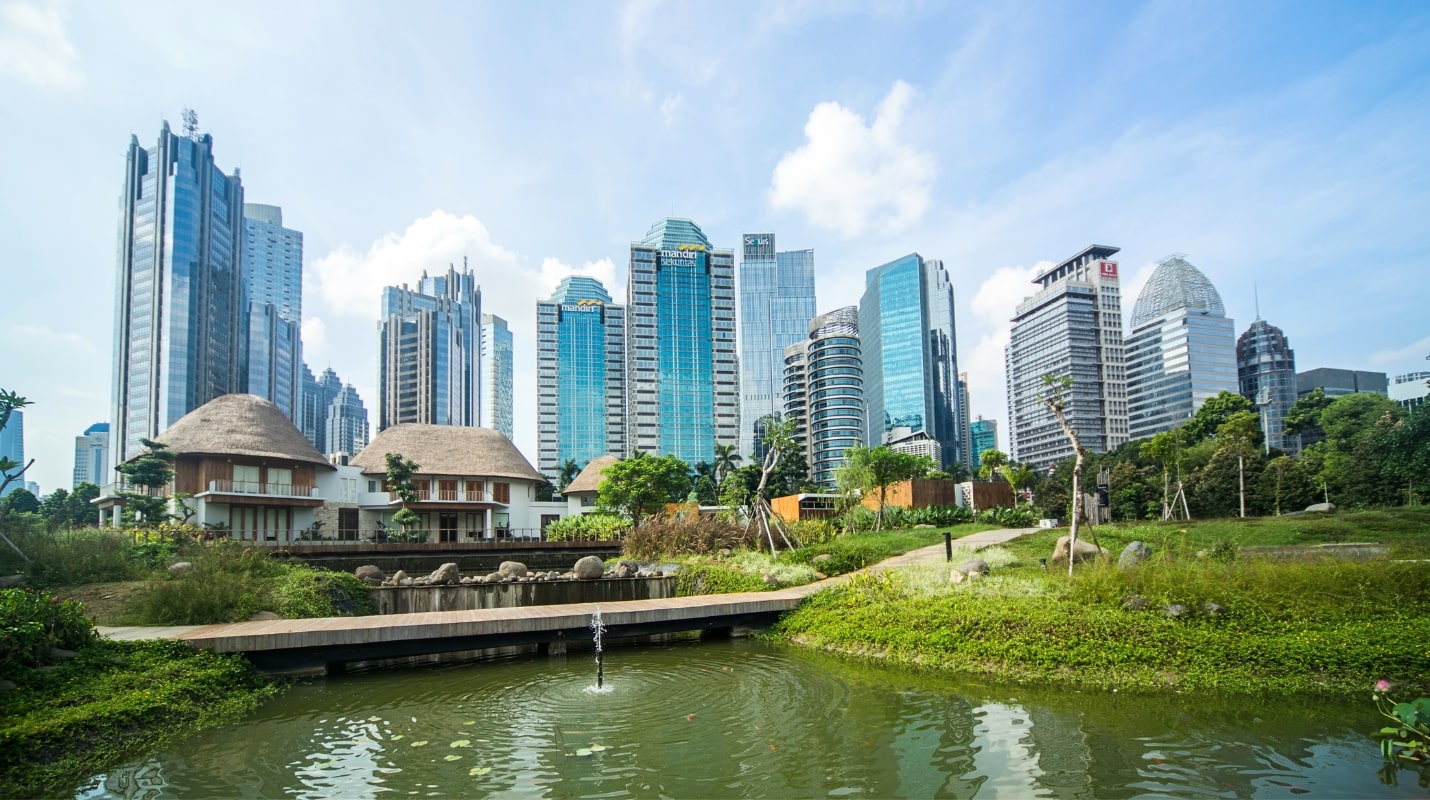In recent years, the urgency to achieve net-zero emissions has intensified globally, affecting regional trade with measures such as the EU's Carbon Border Adjustment Mechanism (CBAM). This has placed significant pressure on small and medium enterprises (SMEs) to reduce their carbon footprint across the supply chain to keep competing with the global compliance market. Recognizing this critical need, the Asia-Pacific Economic Cooperation (APEC) has been leading in advocating for sustainable development in the Asia-Pacific region. The adoption of the Putrajaya Vision 2040 and the recognition of the Bangkok Goals on Bio-Circular-Green (BCG) Economy in 2022 highlight APEC's commitment to building the capacity of micro, small, and medium enterprises (MSMEs) through initiatives like Environmental, Social, and Governance (ESG) and BCG approaches.
SMEs, which comprise 90% of global enterprises and provide over 50% of job opportunities, are crucial to economic development. As large companies shift toward low-carbon and sustainable practices, SMEs face urgent pressure to transform, but they often lack the necessary resources and capabilities. A 2023 survey by the SME Climate HUB revealed that 77% of SMEs are being asked by clients to reduce carbon emissions, while 58% cited a lack of skills and knowledge as a barrier to effective climate action. Additionally, 61% indicated an urgent need for tools to measure and monitor emissions. This highlights the critical importance of public sector support and the availability of digital carbon reduction tools to facilitate SME low-carbon transformation.
In 2023, Chinese Taipei launched the “APEC Digital Innovation to Facilitate SMEs’ Green Transformation” initiative, which promoted best practices in digital applications for the circular economy and carbon reduction. Building on this momentum, the 2024 initiative, titled “APEC Digital Innovation to Implement SMEs’ Low-Carbon Transformation Initiative—Developing Digital Solutions for Low-Carbon Business Models,” aims to equip MSMEs in the APEC region with digital solutions to enhance their green competitiveness and meet global supply chain demands.
Fig 1. Opening Ceremonial of the 2024 APEC Workshop
The 2024 APEC Digital Innovation to Implement SMEs' Low Carbon Transformation Workshop, held on June 12-13 in Taipei, Taiwan, addressed these challenges head-on. The event brought together global experts, innovators, and policymakers to discuss and promote digital solutions for low-carbon business models, focusing on empowering SMEs to drive sustainable growth and integrate seamlessly into green supply chains
Fig 2. Mr. Mohammad Naufal, Founder & CEO, represented Carbon Addons in the 2024 APEC Workshop
At this moment, the APEC and the Taiwan Government invited Carbon Addons represented by our Founder & CEO, Mr. Mohammad Naufal, to share our experience in green transitioning the SMEs in Indonesia as one of the Asia-Pacific Region best practices.
Day 1: Opening and Insights
Fig 3. Opening remarks from Dr. Chin-Tsang Ho, Deputy Minister of Economic Affairs Taiwan
The workshop began with opening remarks from Dr. Chin-Tsang Ho, Deputy Minister of Economic Affairs, and Dr. Hattori Takashi, Deputy Representative of JTEA, setting the tone for two days of collaboration and innovation.
Fig 4. Opening remarks from Dr. Hattori Takashi, Deputy Representative of JTEA
Industry leaders, including Dr. Wendy Liu from Merck Life Science and Ms. Catherine Huang from Victor Taichung Machinery Works, delivered keynote speeches on integrating digital solutions into sustainable supply chains. A lively panel discussion, moderated by Mr. Kung-Yueh Camyale Chao, featured experts from Siemens, TAISE, AMGing, and ISPONRE, who shared their perspectives on digital low-carbon transformations.
In the afternoon, participants visited local corporations, including HUSHAN Autoparts Inc. and O’right Inc., to observe practical implementations of digital low-carbon strategies. Carbon Addons had an opportunity to visit O’right Inc, where we learned about the company's comprehensive approach to carbon reduction, including digital carbon footprint assessments and the establishment of a low-carbon office.
Fig 5. Corporate Visit to O’right, Inc.
O’right has achieved carbon neutrality for three consecutive years since 2020 and secured carbon rights for the next five years, becoming the first beauty company globally to possess a carbon ledger. The visit also highlighted O’right’s green headquarters, which boasts the EEWH Gold-level Green Building Label and the Diamond-level Building Carbon Footprint Label.
Day 2: Hands-On Learning and Collaboration
Fig 6. Hands-on Workshop on Digital Carbon Inventory delivered by Mr. Richard Huang, Managing Director KPMG.
The second day of the workshop was dedicated to practical workshops and sharing sessions. Experts from KPMG and the Plastics Industry Development Center (PIDC) led sessions on conducting digital carbon inventories and developing effective carbon reduction strategies. Participants also heard from solution providers, including Carbon Addons, Misecure CORP., GovernClimate Ltd., and Shou Long Precision Industrial Co., Ltd., who shared their experiences with innovative digital carbon reduction platforms.
Carbon Addons’ Vision for a Greener Future
Fig 7. Sharing Session by Carbon Addons on our experience in green transitioning SMEs in Indonesia
A standout moment was the presentation by Mohammad Naufal, Founder and CEO of Carbon Addons. He introduced the "1000 Low Carbon Brand Movement," an ambitious initiative designed to accelerate green transitions for SMEs in Indonesia. Naufal highlighted the urgency of green transformation, noting that SMEs are crucial to Indonesia's economy, contributing over 60% to GDP but also responsible for more than 40% of CO2 emissions. With growing demands for climate transparency from consumers and regulators, these businesses need to reduce their carbon footprint to stay competitive.
Fig 8. 1000 Low Carbon Brand Movement as our flagship campaign for SMEs low-carbon transformation
Naufal showcased Carbon Addons' suite of tools that help SMEs set emissions reduction targets and transition to sustainable practices. The "1000 Low Carbon Brand Movement" creates a comprehensive carbon reduction ecosystem, engaging SMEs, business incubators, corporate partners, and government bodies. The initiative includes digital campaigns to attract participants, quick carbon assessments, capacity-building workshops, collaborative decarbonization efforts, and our advanced technology implementation for tracking and reporting progress.
A Call to Action
In his concluding remarks, Naufal invited all stakeholders to join the "1000 Low Carbon Brand Movement," emphasizing the importance of collective action in accelerating the green economy. He expressed heartfelt gratitude to APEC, the Taiwan Institute of Economic Research (TIER), and the Taipei government for the invitation and the opportunity to contribute to this transformative workshop. Naufal also thanked the diverse participants from various sectors and countries, including Indonesia, Malaysia, the Philippines, Vietnam, Peru, Taiwan, and Japan, for their engagement and insights.
Fig 9. Mr. Mohammad Naufal urged his last call-to-action to participants to get involved in our sustainability journey
Taiwan Institute of Economic Research (TIER), the main organizer of this workshop under their Research Division VIII, praised the "1000 Low Carbon Brands Movement," highlighting its role in promoting low-carbon role models and providing comprehensive support for SMEs in Indonesia. They noted that the initiative helps SMEs understand their carbon footprint, gain knowledge on carbon reduction, and foster an ecosystem of sustainability. The carbon offset mechanism ensures transparency and accountability, aligning with ESG goals and creating a positive cycle for sustainable investments. Following TIER, the representative of the Ministry of Entrepreneur and Cooperatives Development (MECD) of Malaysia, June Suhaila Saran, was impressed with the impact of our movement. "Carbon Addons is conducting a promising campaign to accelerate the transition towards a green economy for MSMEs in Indonesia. The campaign covers all ecosystems, starting with awareness, assessment, capacity building, collaboration with partners, and using technology to empower the process and monitor outcomes. This will provide a holistic and conducive ecosystem to bridge the gaps MSMEs face. By 2030, the campaign aims to establish 1000 Low Carbon Brands Communities, enhancing brand and firm image, optimizing cost efficiency, and increasing competitive value. In Malaysia, the government has launched the ESG Quick Guide for MSMEs, a step-by-step guide to facilitate their journey towards sustainability. It covers all aspects of Environment, Social, and Governance practices and reporting guidelines, with the same vision as Carbon Addons", said Ms. June.
Fig 10. Summary panel by APEC and Taiwan Government on workshop closing session
The 2024 APEC Workshop in Taipei was then closed by a summary panel by APEC and Taiwan Government and it marked a significant milestone in promoting digital solutions for low-carbon transformations. Through the collaborative efforts of all participants, the workshop laid a strong foundation for a sustainable future driven by innovation and inclusive growth.
Carbon Addons, a youth-led startup in Indonesia, remains dedicated to making climate action effortless and accessible. We aim to contribute significantly to global climate efforts while empowering local communities through our one-stop carbon neutrality platform. We aspire to be global leaders in sustainability and carbon reduction for SMEs. We invite SMEs, decarbonization partners, and other relevant stakeholders to collaborate with us. For more information and updates on our initiatives, visit APEC SCMC and follow Carbon Addons on Instagram @carbonaddons.id or our LinkedIn and blog at http://blog.carbonaddons.id.
Source:






